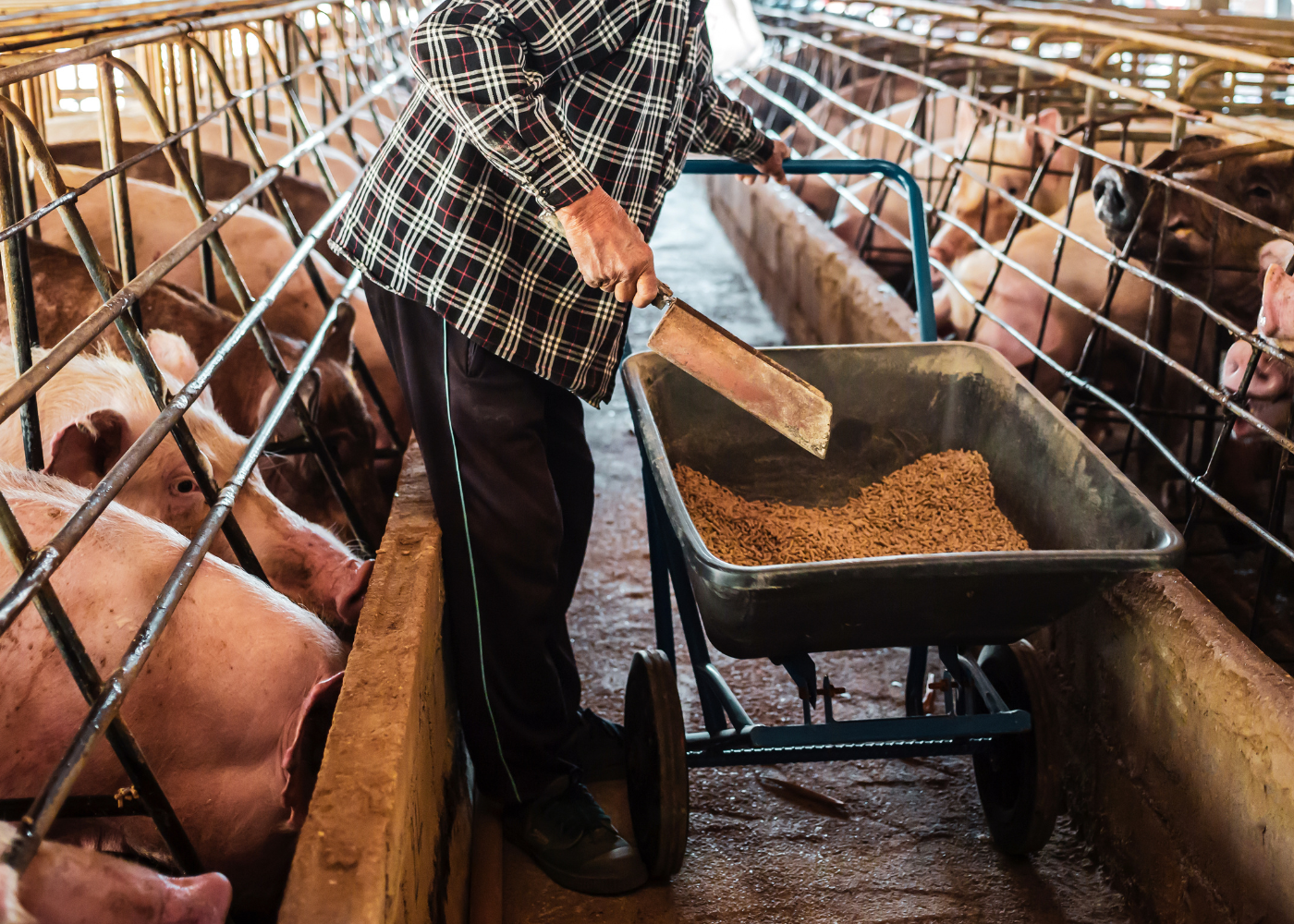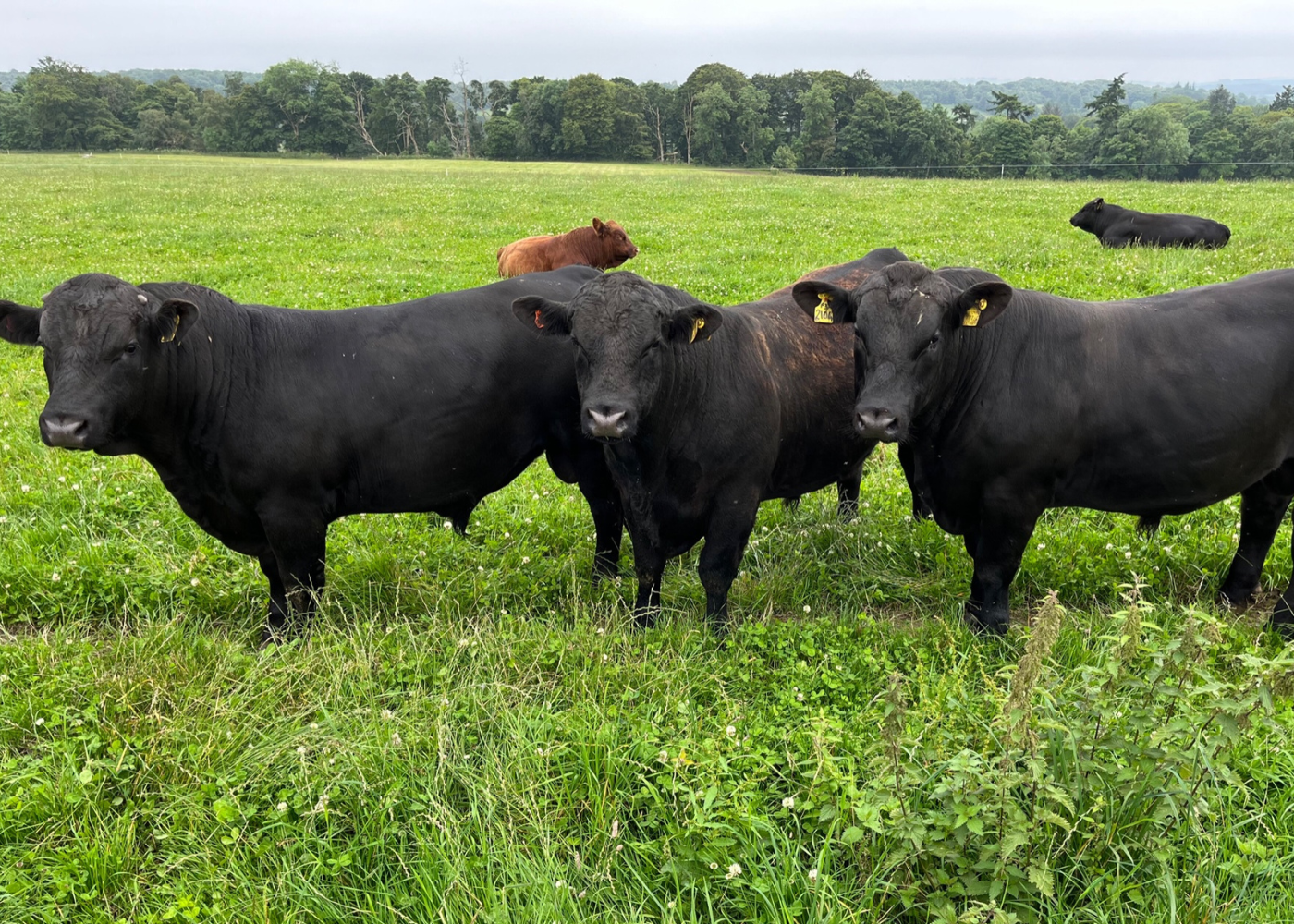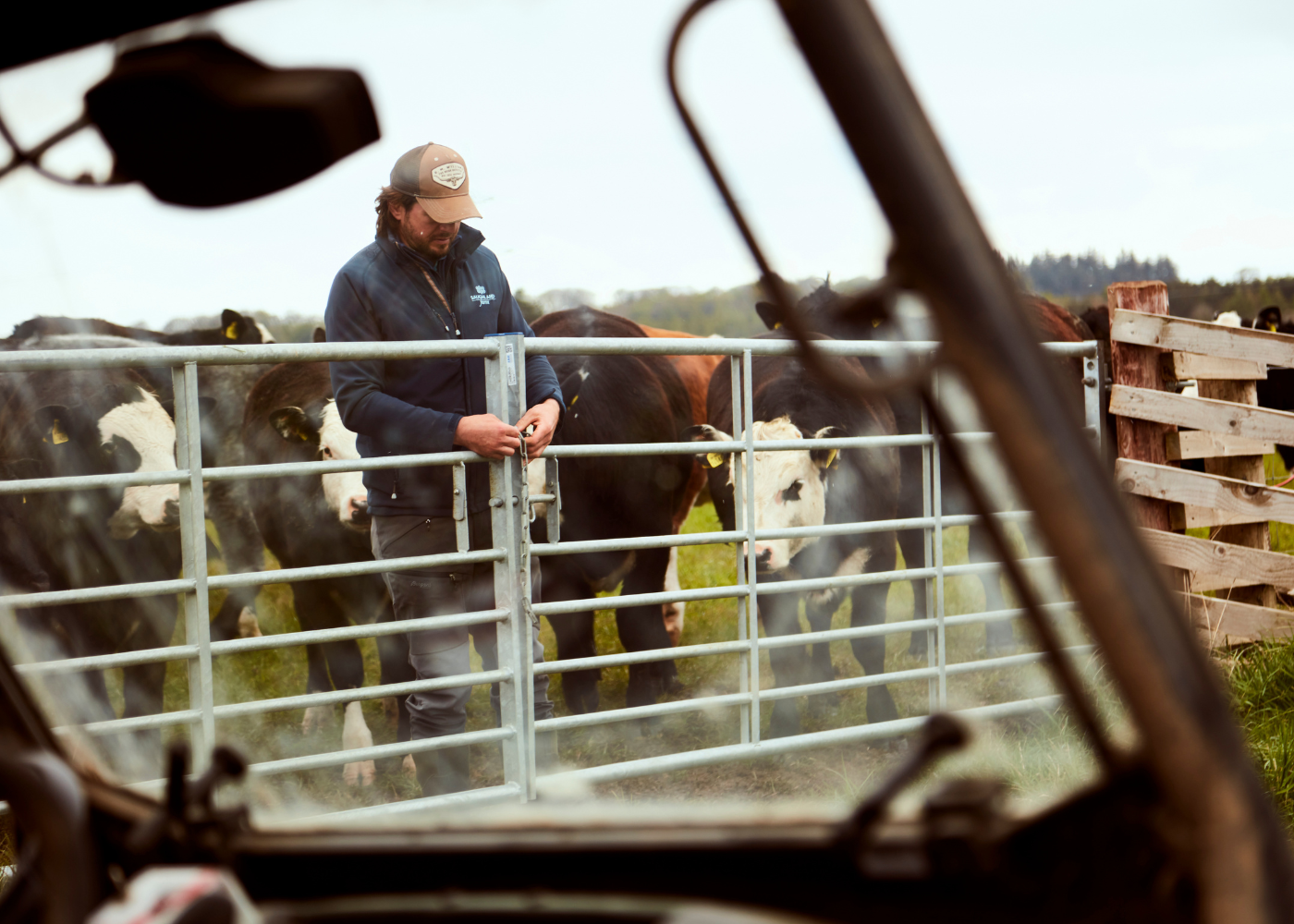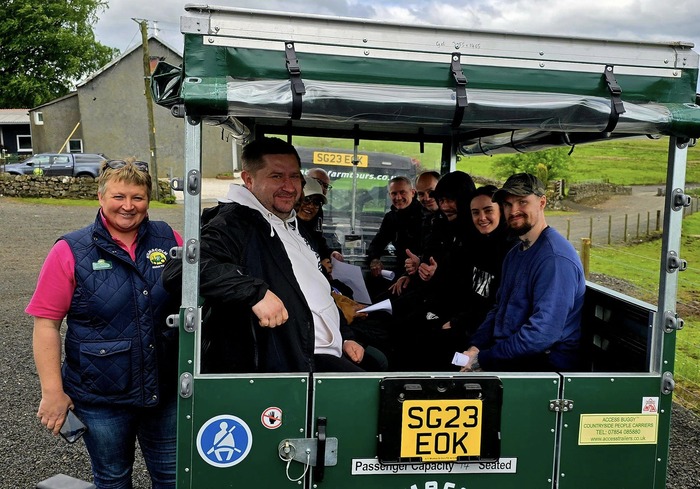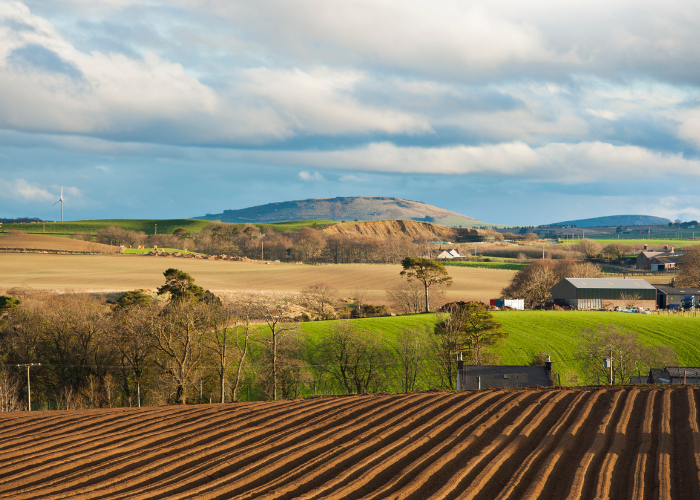Accepted amendments to the new agriculture bill will be beneficial in achieving food production, carbon sequestration and biodiversity enhancement side-by-side from Scotland’s land – although room for improvement still exists ahead of the bill’s final stage.
Scottish Land & Estates, the rural business organisation, made the comments after several of its suggested amendments to the Agriculture and Rural Communities (Scotland) Bill were accepted at Stage 2 in the Scottish Parliament, with proceedings in the Rural Affairs Committee now complete.
Several amendments which SLE pressed for and supported have now been adopted or received a commitment from the Cabinet Secretary to be worked on ahead of Stage 3 of the Bill. These include:
- When preparing or updating the Rural Support Plan, Ministers must take account of the need for sustainable food systems and supply chains in delivering food security.
- Inserting farmed deer under the term agriculture.
- Adding water holding capacity of land to natural environment provisions in the schedule which will help deliver natural flood management and climate-resilient soils.
- The addition of provisions to compensate people for loss of income due to the impact of reintroduced species, with particular reference to beavers and white-tailed sea eagles.
Eleanor Kay, Senior Policy Adviser – Agriculture & Climate Change at Scottish Land & Estates, said:
Subscribe to our daily newsletter
Why? Free to subscribe, no paywall, daily business news digest.
“Throughout the Bill’s passage at Holyrood, Scottish Land & Estates has consulted widely with traditional farming businesses, both large and small, as well as other food producers and land managers to ensure the new legislation will deliver what is greatly needed for the sector. We’re grateful to MSPs across parties for their constructive engagement on our proposals to strengthen this legislation.
“On behalf of the rural sector, we’ve been pressing for key amendments at Stage 2 and we’ve been pleased with changes that will aid the production of sustainable food, sequestration of carbon, improved biodiversity, securing a sustainable supply of timber and fuel, and delivering wider ecosystem improvements to the benefit of all in Scotland.
“This has to be a bill that delivers in equal measure across land management and we were pleased that SLE was able to secure amendments underlining the importance of food security in the Rural Support Plan.
“The importance of venison and deer farming to Scotland’s rural economy has also been underlined by its inclusion in the list of activities which can be supported. There has also been an amendment to add water holding capacity of land to matters that can be financially supported in the natural environment and this will encourage farmers and estates to adopt new practices to aid water management and flood prevention.
“SLE has also pushed on behalf of farmers for compensation to be provided where loss occurs through the reintroduction of species including beavers and sea eagles. Only by working with farmers and land managers in the long-term, and acknowledging conflicts where they occur, will we ensure a united approach to enhancing nature and the environment alongside food production.
“We hope further progress can be made as we move forward onto Stage 3. We will continue to seek to work with MSPs and Ministers across parties to strengthen the Bill for the collective good.”







